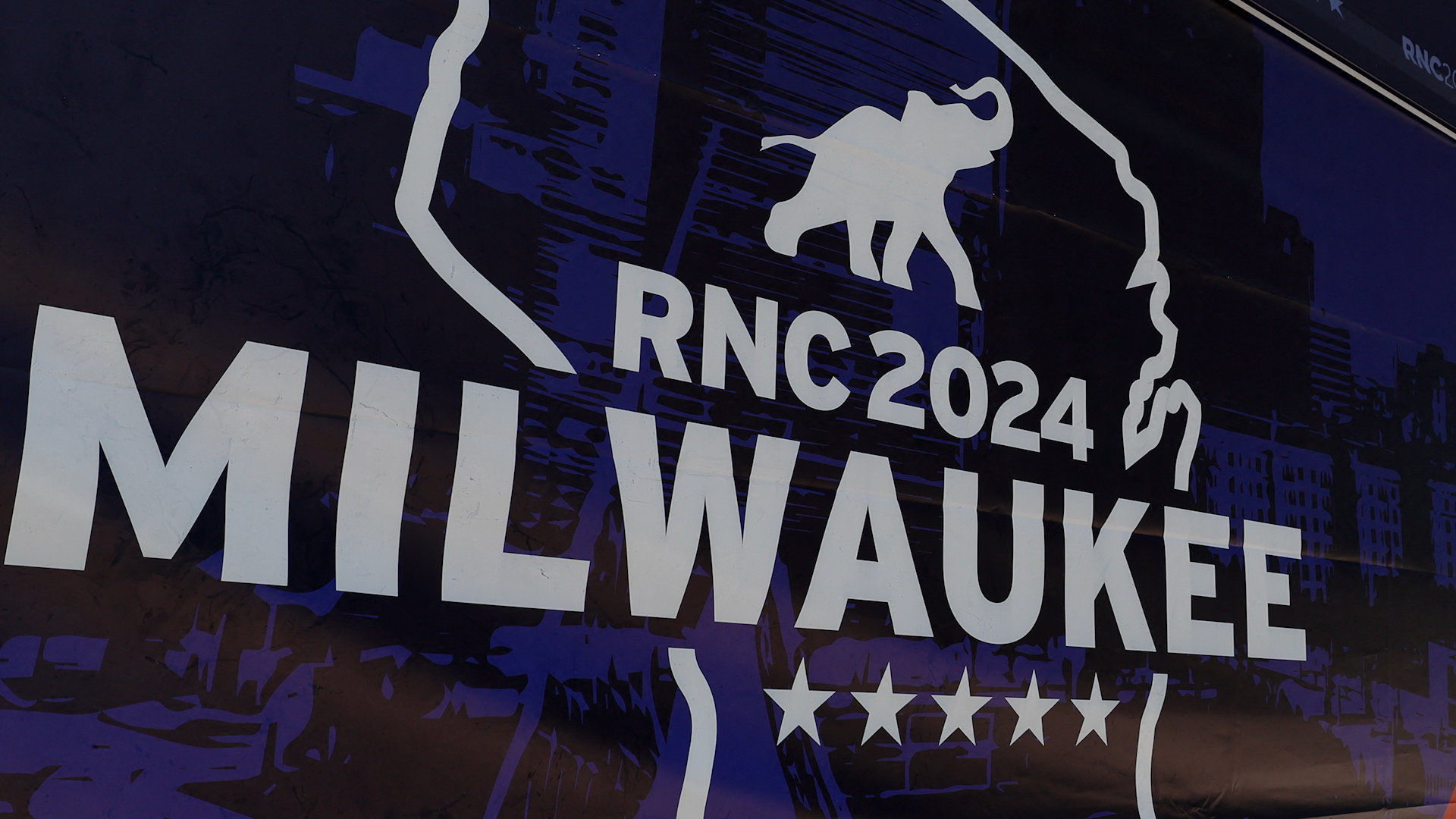Notable Speakers at RNC Events
Rnc speakers – The Republican National Convention (RNC) is a quadrennial event that brings together prominent figures from the Republican Party to nominate their presidential and vice-presidential candidates. Over the years, the RNC has hosted a diverse range of speakers, including politicians, business leaders, and cultural icons, who have addressed the convention on a variety of topics.
The Republican National Convention (RNC) has seen a diverse array of speakers, each bringing their unique perspectives to the stage. Among them, Senator Tim Scott’s speech at the RNC stood out for its powerful message of unity and hope.
As RNC speakers continue to address the nation, their words shape the discourse and inspire Americans across the country.
These speakers have used the platform to share their perspectives on key issues facing the nation, offer their support for the Republican candidates, and inspire the party faithful. Their speeches often provide insights into the values and priorities of the Republican Party, as well as the broader political landscape.
The Republican National Convention (RNC) has invited a diverse array of speakers, including Senator Tim Scott. Scott recently announced his engagement to Lisa Gilroy, a former Pentagon official. Scott’s personal life has been a topic of interest, as he is considered a rising star in the Republican Party.
As the RNC continues, Scott’s engagement is likely to be mentioned by speakers, who will use it as an example of his commitment to family and community.
Prominent Speakers
- Donald Trump: Former President of the United States (2017-2021), delivered a keynote address at the 2020 RNC, in which he Artikeld his vision for a second term and attacked his Democratic opponent, Joe Biden.
- Mike Pence: Former Vice President of the United States (2017-2021), spoke at the 2020 RNC, where he defended the Trump administration’s record and criticized the Democratic Party.
- Nikki Haley: Former United States Ambassador to the United Nations (2017-2018), addressed the 2020 RNC, where she shared her experiences working in the Trump administration and condemned the Democratic Party’s policies.
- Tim Scott: United States Senator from South Carolina, spoke at the 2020 RNC, where he discussed his personal journey as an African American conservative and criticized the Democratic Party’s record on race.
- Ivanka Trump: Advisor to the President of the United States (2017-2021), spoke at the 2020 RNC, where she praised her father’s leadership and highlighted his accomplishments.
Impact of RNC Speeches on Political Discourse: Rnc Speakers

Republican National Convention (RNC) speeches play a pivotal role in shaping public opinion and influencing political narratives. These speeches not only galvanize the party faithful but also reach a wider audience, contributing to the discourse on critical issues.
Influence on Public Opinion
RNC speeches effectively frame issues, present alternative perspectives, and mobilize support for the party’s agenda. By articulating a clear message and delivering it with conviction, speakers can sway public opinion and shift the focus of political debate.
Policy Decisions and Election Outcomes
The impact of RNC speeches extends beyond public opinion to influence policy decisions and election outcomes. These speeches often set the stage for the party’s platform, outlining its priorities and policy goals. By capturing the attention of voters, RNC speeches can influence their choices at the ballot box.
Societal Debates, Rnc speakers
RNC speeches contribute to broader societal debates by raising awareness of important issues and challenging prevailing narratives. They provide a platform for the party to engage with the public on matters of national concern, fostering a more informed and nuanced discussion.
Strategies and Techniques Used by RNC Speakers

RNC speakers employ various rhetorical strategies and techniques to convey their messages, persuade audiences, and garner support for the Republican Party. These include:
- Emotional Appeals: Speakers often evoke emotions such as fear, anger, or patriotism to connect with audiences on a personal level.
- Personal Anecdotes: Speakers share personal experiences or stories to make their messages more relatable and impactful.
- Rhetorical Questions: Speakers ask questions that lead the audience to draw the desired conclusions.
- Analogies and Metaphors: Speakers use analogies and metaphors to make complex ideas more understandable and memorable.
- Repetition and Alliteration: Speakers repeat key phrases or use alliteration to emphasize their points and create a sense of rhythm.
- Audience Engagement: Speakers often engage with the audience through questions, polls, or call-and-response techniques to maintain attention and build rapport.
Using Data and Evidence
RNC speakers also use data, statistics, and real-life examples to support their claims and establish credibility. They cite reputable sources, such as government reports or academic studies, to bolster their arguments. By presenting evidence, speakers aim to persuade the audience that their positions are well-informed and based on facts.